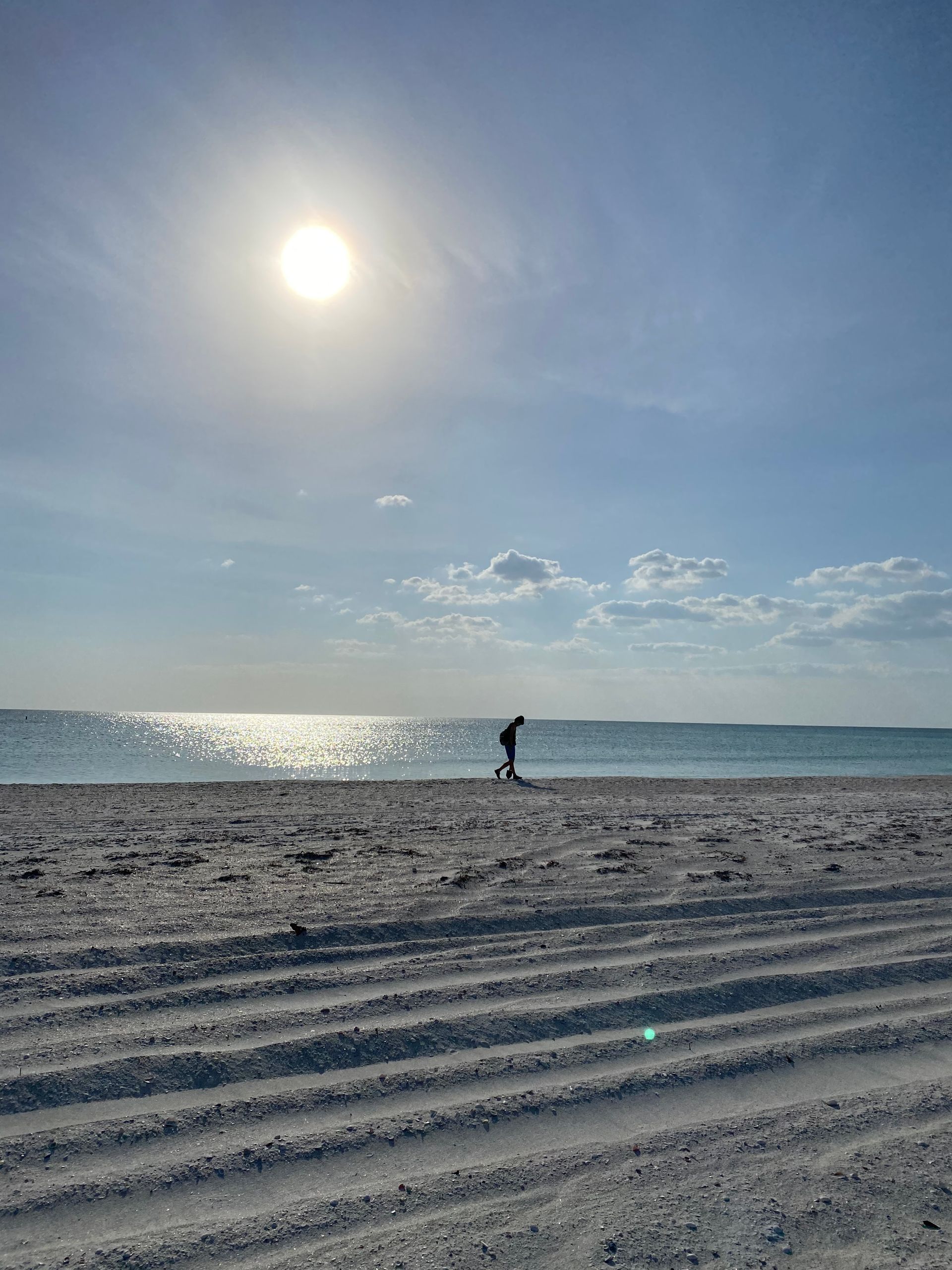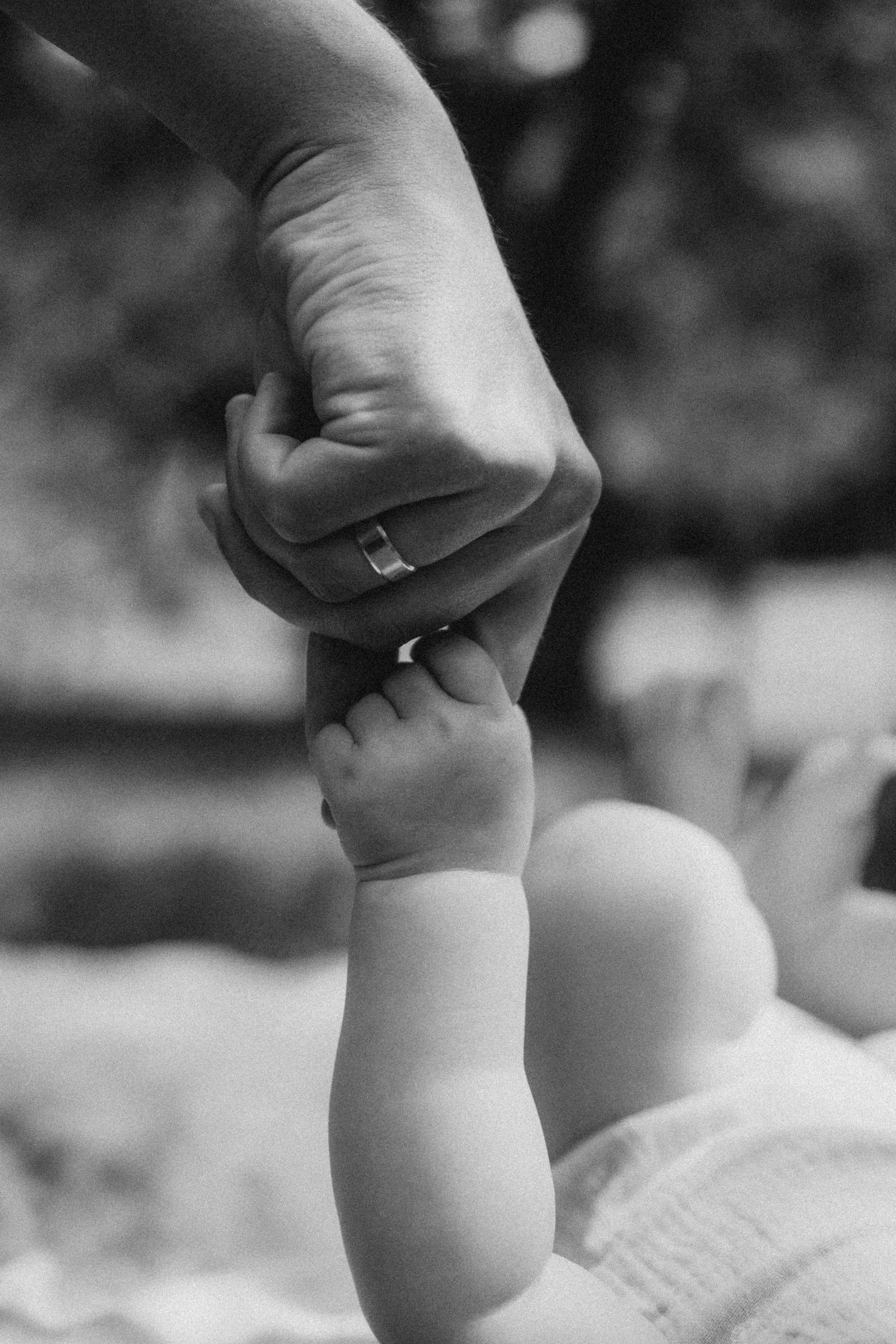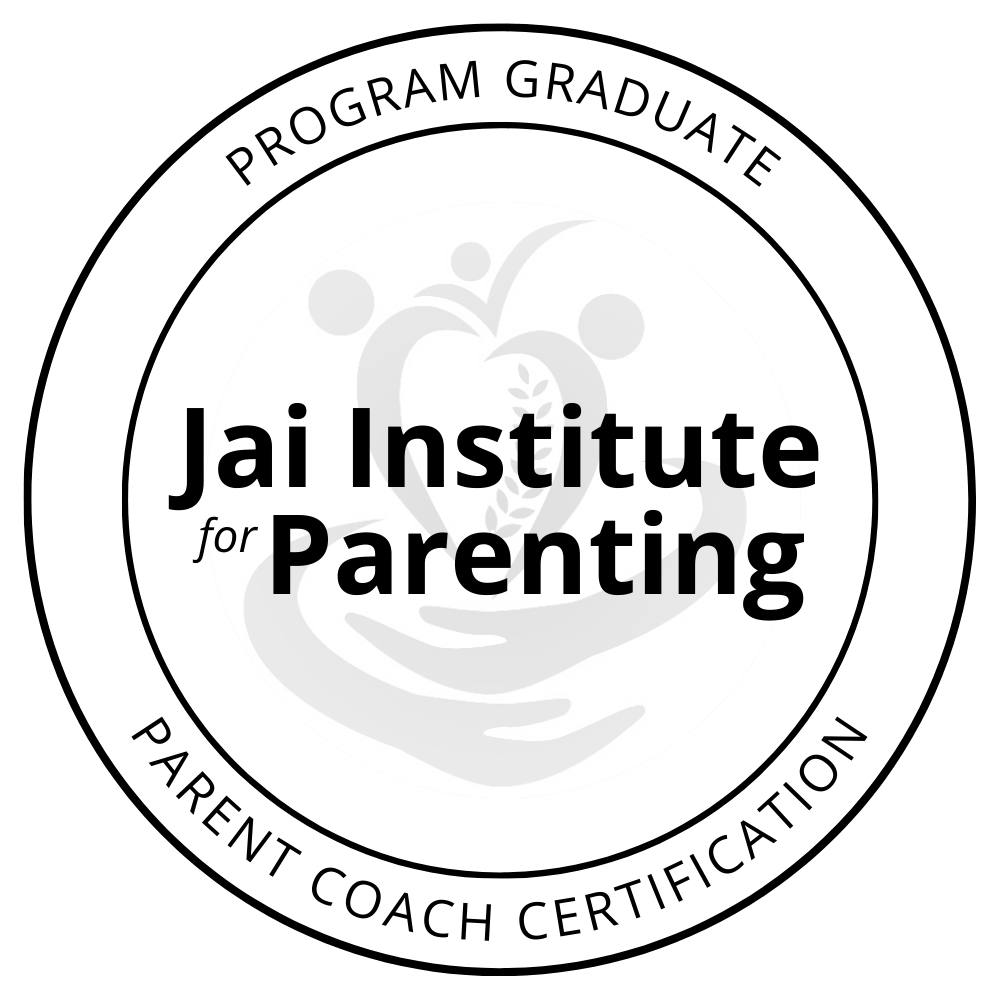Safety Precautions
Helmets and knee pads aren't enough.

Within seconds of holding their child for the first time, most parents I know felt the instant surge of “I’d do anything to keep this child safe.”
We start out “babyproofing” the house; covering outlets, installing gates at the stairs, and locks on the cabinets. We put pads on the corners of tables. We cut their grapes in half. At some point we start commanding, “Watch out! Look where you’re going!” (Often said as we hover over them with our own arms outstretched, anticipating their fall, distracting them from their very mission.)
We armor our children with protective gear and devices, as though the one with the most knee pads and helmets will victoriously emerge the winner at this game of life.
Protection, though, extends far beyond the physical dangers that threaten our children.
Over the last few years, likely as we’ve been replacing the expired car seat, a new danger has pulled up to the curb of childhood: the unprotected media exposure.
As a Parent Coach, Child Development Specialist, and Educator, I've worked with children who've been overexposed to media content that wasn't relevant to their age, interests, or level of understanding. Dr. Daniel Siegel and Dr. Tina Payne-Bryson explain in The Power of Showing Up, how harmful it can be “when kids are exposed to realities they’re developmentally unready for.” Videos, pictures, and games easily grab children’s attentions with their colors, noises, and flashy graphics. While movies or video games have ratings, I’ve noticed that the intended audience is nearly always much older than the marketed-to audience, leading to a crossover of ages that end up seeing and hearing things that their brains just aren’t equipped to handle.
When children sit in states of tension, fear, or threat, it stresses the young, under-developed nervous system. Behavior-wise, this might look like: hyperactivity, nervousness, nightmares, anxiety about separating from you, or timidness. You know your child best. If they start exhibiting unusual behaviors, it might be worth exploring their media content and set up protections to shield them from violent messaging and adult subject matter. There are so many natural challenges to childhood, adding exposure to scary or vulgar situations just makes development even more difficult.
While it’s extremely hard to know what subject matter your child may be inadvertently exposed to at a playdate, you can control what happens in your home. I’m not suggesting you swing into hyper-overprotection mode, but you can build awareness around when these moments may be presenting themselves. You can invite your young child to a card game or tickle challenge when they’re tempted to watch an older sibling get to another level on their game. You can turn off the news that’s playing in the background at your parent’s house when you visit. You can buy headphones for your spouse to wear when they watch intense movies.
Is there a time and place to talk about heavy subjects? Yes, of course. And that involves you talking with your child in a soft, honest, age-appropriate, incrementally explicit dialog… not having them experience these things through an electronic device.
In short, let’s keep children in childhood. Their job is not to be burdened (yet) with the harsh realities of life. Let’s keep their brains just as safe as we keep their bodies. Let’s limit their media feed to bite-sized portions. Let’s do everything we can to give our kiddos a safe, secure attachment in childhood so that they can grow up to be stable adults who can handle big, complex issues.
Peace & Love,
~A





